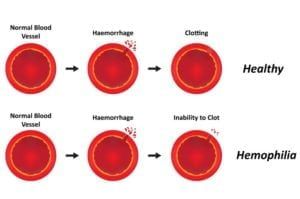Urological cancers are cancers found to affect the adrenal glands, penis, testes, urethra, kidney, bladder, and prostate. Cancers can develop at any age and in any organ of the urinary system, though some areas, such as the bladder and prostate, are more likely to develop cancer than others. As with most types of cancer, early detection can yield a better prognosis for treatment. Advancements in modern medicine have made it possible to approach urological cancers with multiple treatment options – many of which are minimally invasive and help to preserve patient quality of life.
Did you know…
that urological cancers are highly common in the U.S.? In fact, urological cancers are among the most frequently diagnosed in men of all ages. Testicular cancer is the most commonly diagnosed cancer in men under age 45, whereas prostate cancer is the most commonly diagnosed cancer among men overall. Approximately 10 percent of all men will develop prostate cancer at some point in their lives.
Frequently Asked Questions
How do I know if I have urological cancer?
Cancer symptoms vary according to the type of organ affected and the stage of the cancer. See your urologist if you notice urinary changes, such as pain during urination, blood in your urine, or simply more frequent urination. Pelvic pain and low back pain can also be an indicator of urological cancer. Patients with testicular cancer may notice a lump in the scrotum or a swollen testicle. Penile cancer usually yields discoloration or changes to the skin on the penis. See your doctor if you experience any of these symptoms or other unusual changes that cause concern.
How will my urologist make a diagnosis?
Sometimes, urological cancers are found during routine cancer screenings. Other times, cancers are found after symptoms have appeared. To confirm a diagnosis, your doctor will perform a physical exam, followed by lab work to detect biomarkers and advanced diagnostic testing to identify cancerous growths. Today’s imaging is capable of detecting urological cancers even in their earliest stages.
What types of treatments are available to urological cancer patients?
Urological cancer treatment options are highly advanced and technologically progressive. Depending on the type of cancer being treated, options may include laparoscopic surgery, robot-assisted surgery, hormone therapy, chemotherapy, intensity-modulated radiation, photodynamic therapy, brachytherapy, external beam radiation, cryosurgery, and reconstructive surgery.











































































































































































































































































































